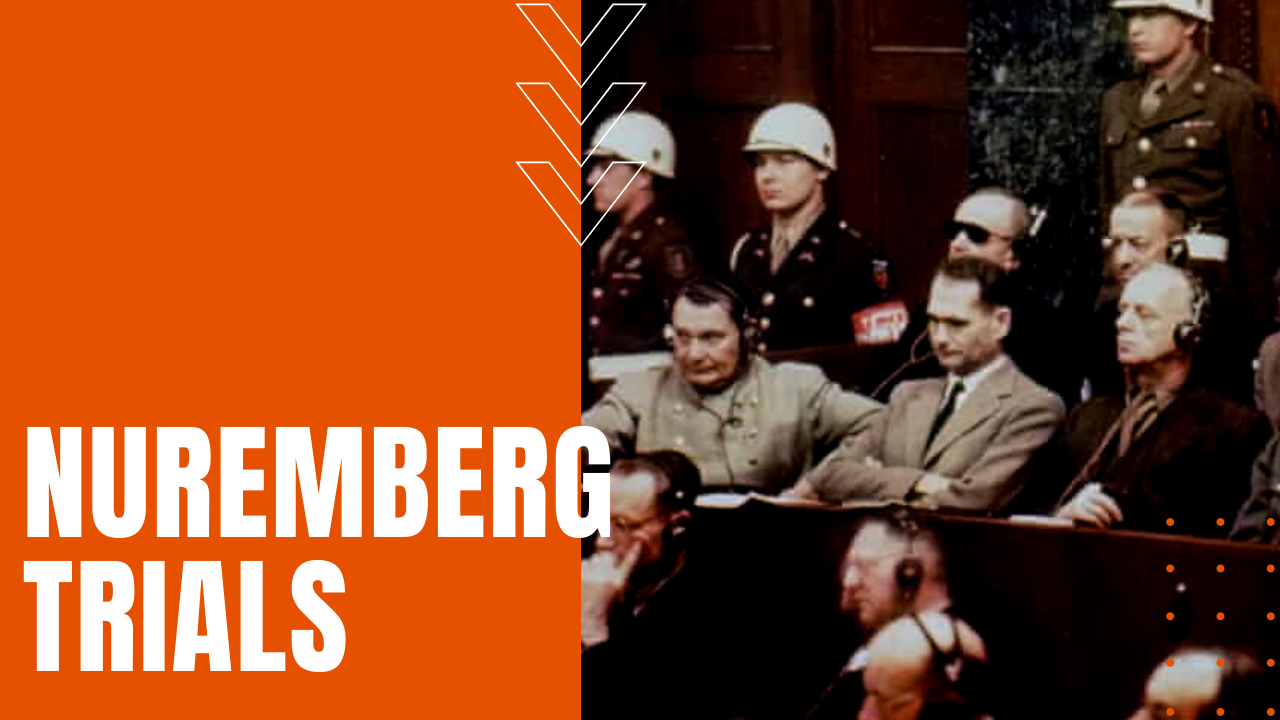Nuremberg Trials: Nazi War Crimes Brought to Justice

With the intent of bringing Nazi war criminals to justice, the Nuremberg Trials were made up of 13 trials in heavily bombed-out Nuremberg, Germany between 1945 and 1949, including defendants ranging from Nazi Party officials, military leaders, industrialists and physicians indicted for crimes against peace and humanity, including the genocide of 6 million Jews and political dissidents lost to Hitler’s Final Solution.
The Nazis of Nuremberg
Until Germany’s defeat in World War Two, Nuremberg had been home to annual Nazi propaganda rallies, which made the location in the German state of Bavaria a symbolic end to the Third Reich. Absent from the trials was Nazi high command Adolph Hitler, Heinrich Himmler and Joseph Goebbels, who had each committed suicide in the spring of 1945.
During the first trial of major war criminals, all but three of the 21 defendants were found guilty. Twelve received the death sentences—one in abstentia—while the remainder were handed down prison terms ranging from ten years to life.
Ten of the condemned were executed by hanging on October 16th, 1946, while Hermann Göring took his own life the night before his execution by ingesting a cyanide capsule he had hidden inside a jar of skin medication. The executions were performed by Master Sergeant John C . Woods, who told a reporter from Time Magazine that he was proud of his work.
“The way I look at this hanging job, somebody has to do it . . . 10 men in 103 minutes. That’s fast work.”
Master Sergeant John C . Woods
Twelve additional trials would be held, lasting from December 1946 through April of 1949, made up of U.S. military tribunals rather than the international tribunal that had passed judgment on the major Nazi leaders during the open trial.
Considered highly controversial from the start, U.S. Supreme Court chief justice Harlan Stone called the proceedings a “sanctimonious fraud” and a “high-grade lynching party,” while associate U.S. Supreme Court justice William O. Douglas maintained that the Allies had “substituted power for principle” in the meting out of justice at Nuremberg.
